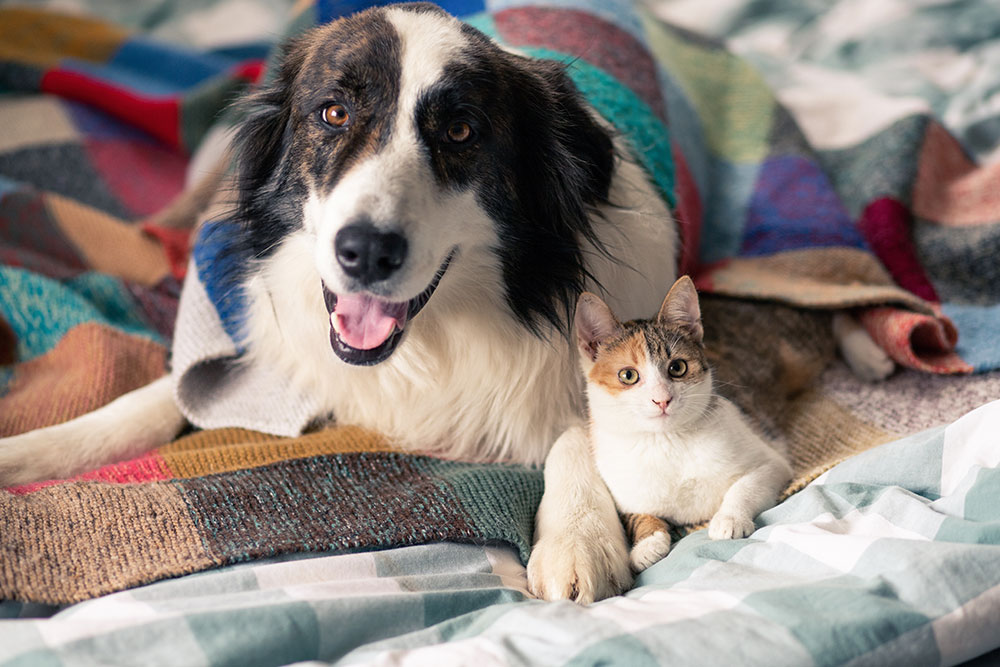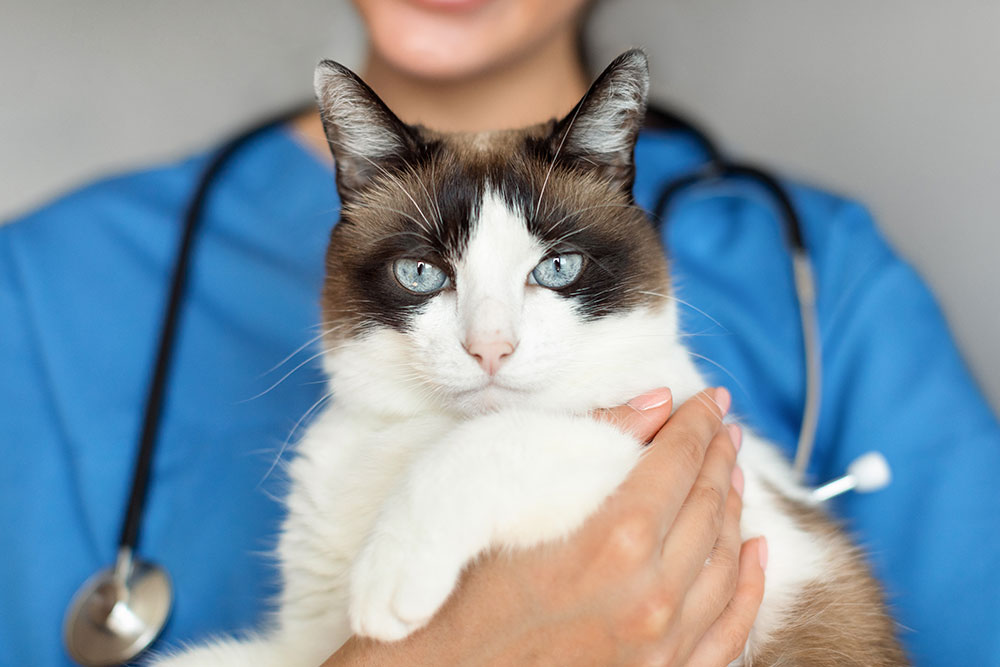When you visit Memorial Animal Hospital in Kent, OH, you will encounter a team of veterinary professionals dedicated to the well-being of your pet. While veterinarians often receive the spotlight, registered veterinary technicians (RVTs) are the unsung heroes working behind the scenes to ensure your pet receives the best care possible. These skilled professionals play a pivotal role in your pet’s overall health, working hand-in-hand with veterinarians to provide a wide range of services.
What is a Registered Veterinary Technician (RVT)?
A registered veterinary technician (RVT) is a credentialed professional who works alongside veterinarians to provide medical care to animals. Much like a nurse in human healthcare, RVTs perform clinical tasks that help ensure pets receive proper treatment. In order to become registered, veterinary technicians must complete a veterinary technology program accredited by the American Veterinary Medical Association (AVMA) and pass the Veterinary Technician National Exam (VTNE). In Ohio, they are licensed by the state, which ensures they meet professional standards and maintain up-to-date skills.
Veterinary technicians are trained to handle a variety of medical procedures and responsibilities, making them invaluable members of the team at Memorial Animal Hospital.
Key Responsibilities of Registered Veterinary Technicians
RVTs take on many critical responsibilities that directly impact your pet’s health. Some of their key duties include:
- Diagnostic Testing
Registered veterinary technicians are trained to collect and analyze samples such as blood, urine, and stool. They perform diagnostic tests that help veterinarians detect underlying health conditions. RVTs are skilled in using diagnostic equipment, such as X-rays and ultrasound, and work closely with veterinarians to interpret results. - Assisting with Surgery
RVTs play a vital role in ensuring the success of surgeries. From preparing the surgical suite to sterilizing instruments, they ensure everything is ready for the veterinarian. During surgery, they administer your pet’s anesthesia medications and monitor your pet’s vital signs, ensuring your pet’s safety throughout the procedure. Their expertise in pain management helps minimize discomfort for pets recovering from surgery. - Patient Monitoring
One of the primary responsibilities of an RVT is to monitor pets during medical procedures. This includes keeping track of vital signs such as heart rate, respiration, and body temperature. Whether your pet is recovering from surgery or undergoing a diagnostic procedure, RVTs ensure that they remain stable and comfortable. - Administering Medications
RVTs are trained to administer medications, whether it’s during a routine exam or in the treatment of a more serious condition. They provide oral medications, injections, and intravenous fluids. Additionally, they are responsible for ensuring that medication is given in the correct dosage, following the veterinarian’s recommendation and instructions. - Client Education and Communication
RVTs often act as the bridge between veterinarians and pet owners. They educate pet parents on how to administer medications at home, explain post-operative care, and discuss preventive care such as vaccinations and dental health. Their ability to communicate clearly ensures that you feel confident in managing your pet’s health outside of the clinic.

Why Registered Veterinary Technicians Are Crucial to Your Pet’s Care
Registered veterinary technicians are essential to the smooth operation of Memorial Animal Hospital. Their work allows veterinarians to focus on diagnosis and treatment while ensuring that every pet receives comprehensive care. Here are a few reasons why RVTs are so important:
- Improved Efficiency: RVTs take on many routine medical tasks, freeing up veterinarians to concentrate on more complex cases. This division of labor ensures that pets receive prompt attention without compromising the quality of care.
- Better Patient Monitoring: With RVTs monitoring your pet’s condition during procedures and recovery, you can rest assured that they are receiving expert care at every stage.
- Enhanced Client Communication: Registered veterinary technicians often spend the most time with pet owners, explaining medications, treatment plans, and preventive care. This direct communication helps ensure that you understand how to care for your pet at home.
Veterinary Technicians vs. Veterinary Assistants: What’s the Difference?
It’s important to differentiate between a veterinary technician and a veterinary assistant. While both roles are crucial in a veterinary clinic, their duties, education, and responsibilities differ:
- Veterinary Assistants: These team members perform basic tasks like feeding hospitalized animals, cleaning cages, and helping to restrain animals during exams. They are not required to have formal education or licensure.
- Registered Veterinary Technicians: RVTs have undergone extensive education and passed a national exam.
Team members in both roles are vital to providing the best care for your pets.
Recognizing the Value of Registered Veterinary Technicians
Registered veterinary technicians are key members of your pet’s healthcare team. Their specialized training, hands-on care, and dedication to patient well-being make them indispensable at Memorial Animal Hospital. The next time you visit our clinic, remember to thank the RVTs who work tirelessly behind the scenes to ensure your pet receives the best care possible.






Leave A Comment